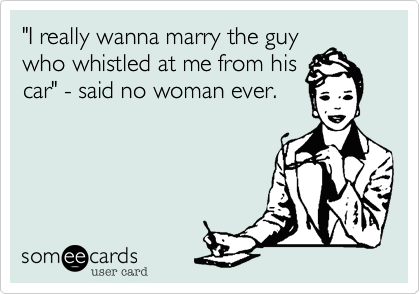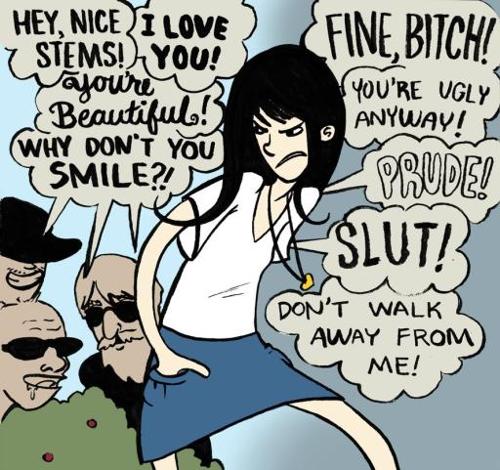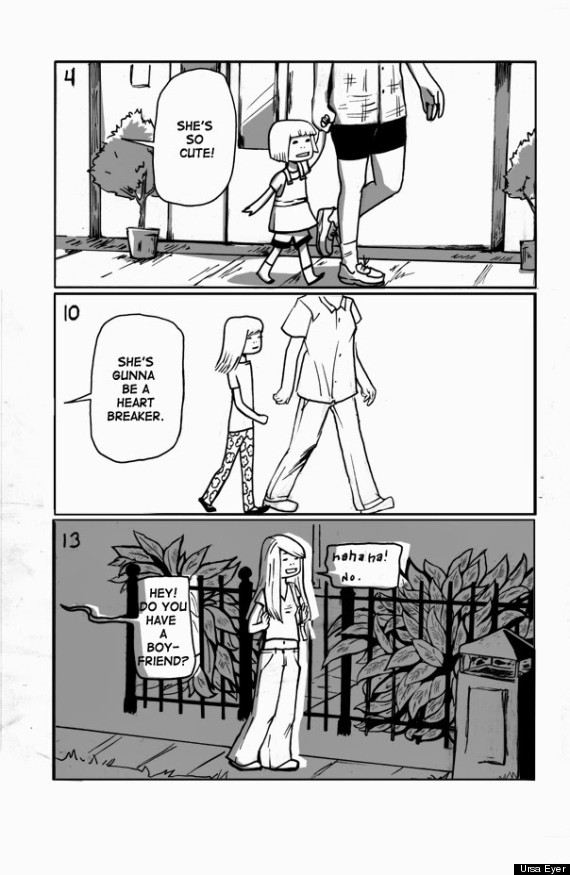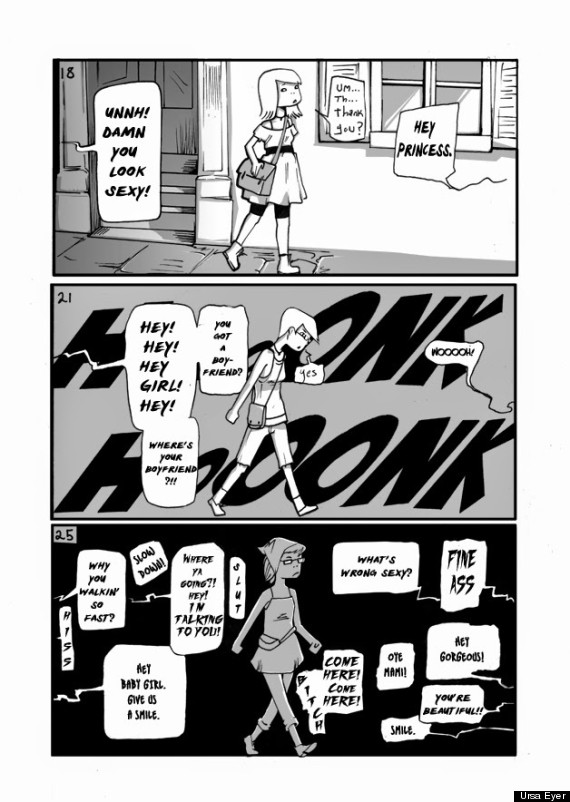In a study conducted by the Huffington Post, an age-old hypothesis was tested; in an age where women are closer to gender equality than they’ve ever been, do men still prefer dating women that they deem to be less intelligent than themselves?
Of course, the concept of “dating out of your league” is a good thing, but through this study, it shows that concept is only half true. While analytical ability is an attribute stereotypically ascribed to men, studies have shown that men do value intelligence in their partner, but only to a point. “A 2006 study found that men in a speed-dating environment found intelligence appealing unless they perceived their female date to be smarter than themselves.”
Contrasting this, a more recent study conducted by the University of Texas at Austin concluded that 86% of men claimed they would feel comfortable dating someone smarter than them. In a series of followup experiments, this claim was tested.
The findings were telling: on average, men tended to like the idea of a woman who is hypothetically smarter than them, and thought of these women as more desirable and dateable. However, when physically confronted with these women, men felt the need to physically and psychologically distance themselves, and felt defensive of their masculinity.
This study shows that it’s brutally true that, “we don’t always know what we want, even if we think we do” when it comes to dating. Even if men claim that they’d like a smart women, when those claims are tested and they’re physically faced with a woman perceived as more intelligent, men become defensive of their egos and show significantly less interest.
- What other characteristic imbalances are thought of social taboos when it comes to dating?
- Do you think that stigmas like these will ever fully dissipate? Or at the very least, what will it take to weaken them?
- How does this stigma of men being threatened by the perception of a woman being smarter than them extend past just dating?
http://www.huffingtonpost.com/entry/men-like-the-idea-of-a-smart-woman-but-they-may-not-be-interested-in-dating-one_5627a564e4b02f6a900ed2aa





























